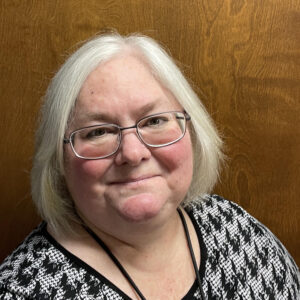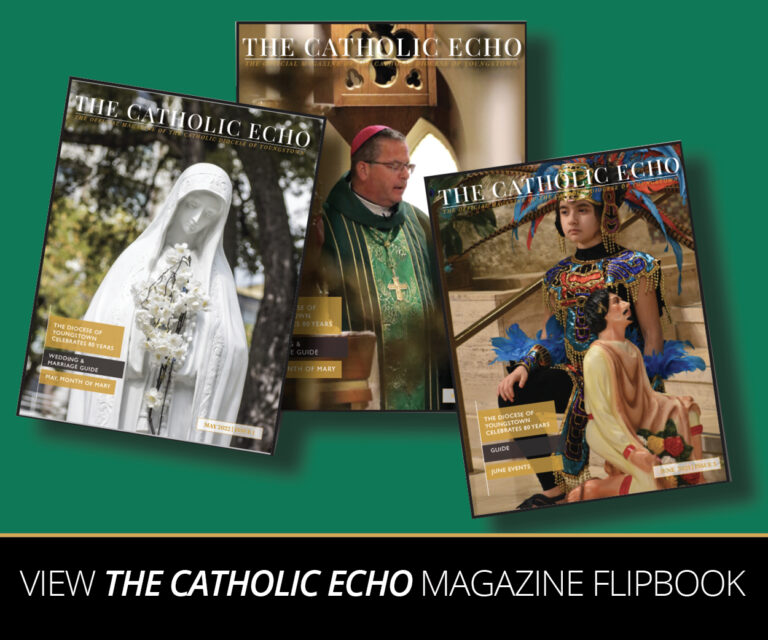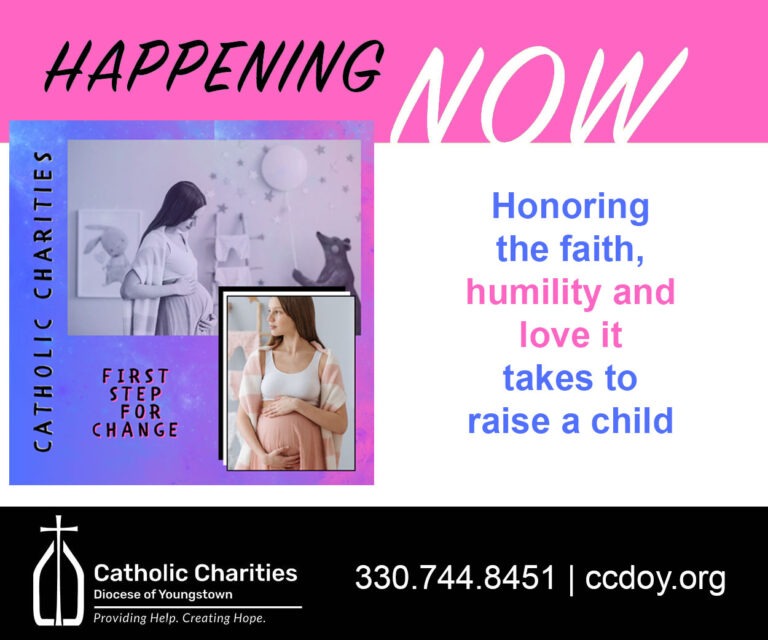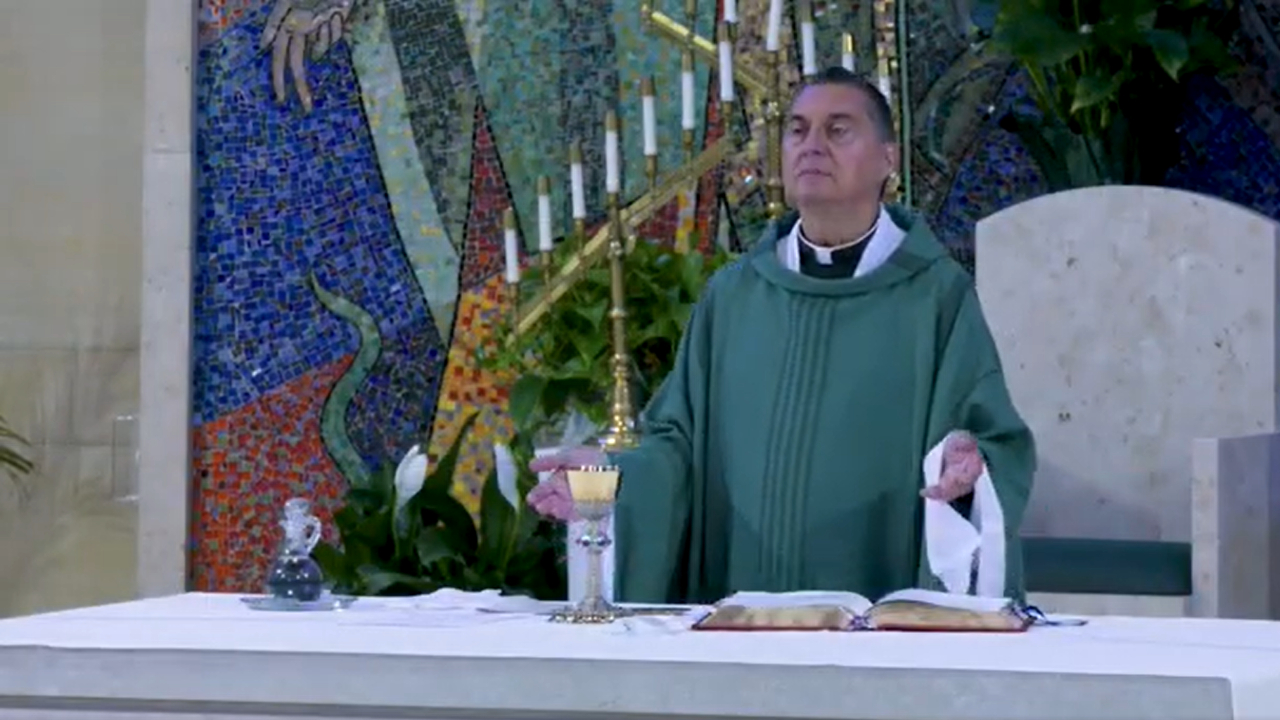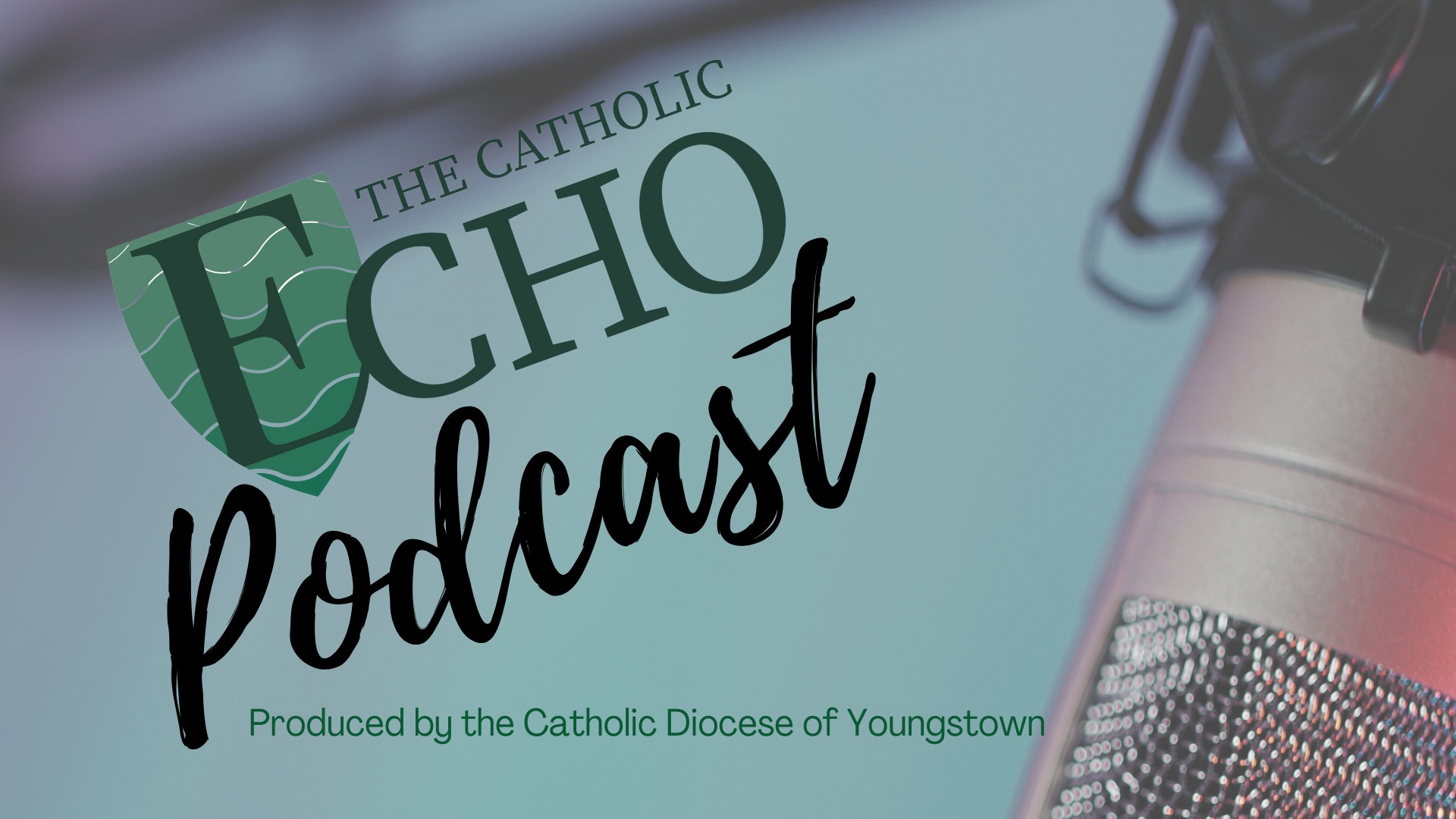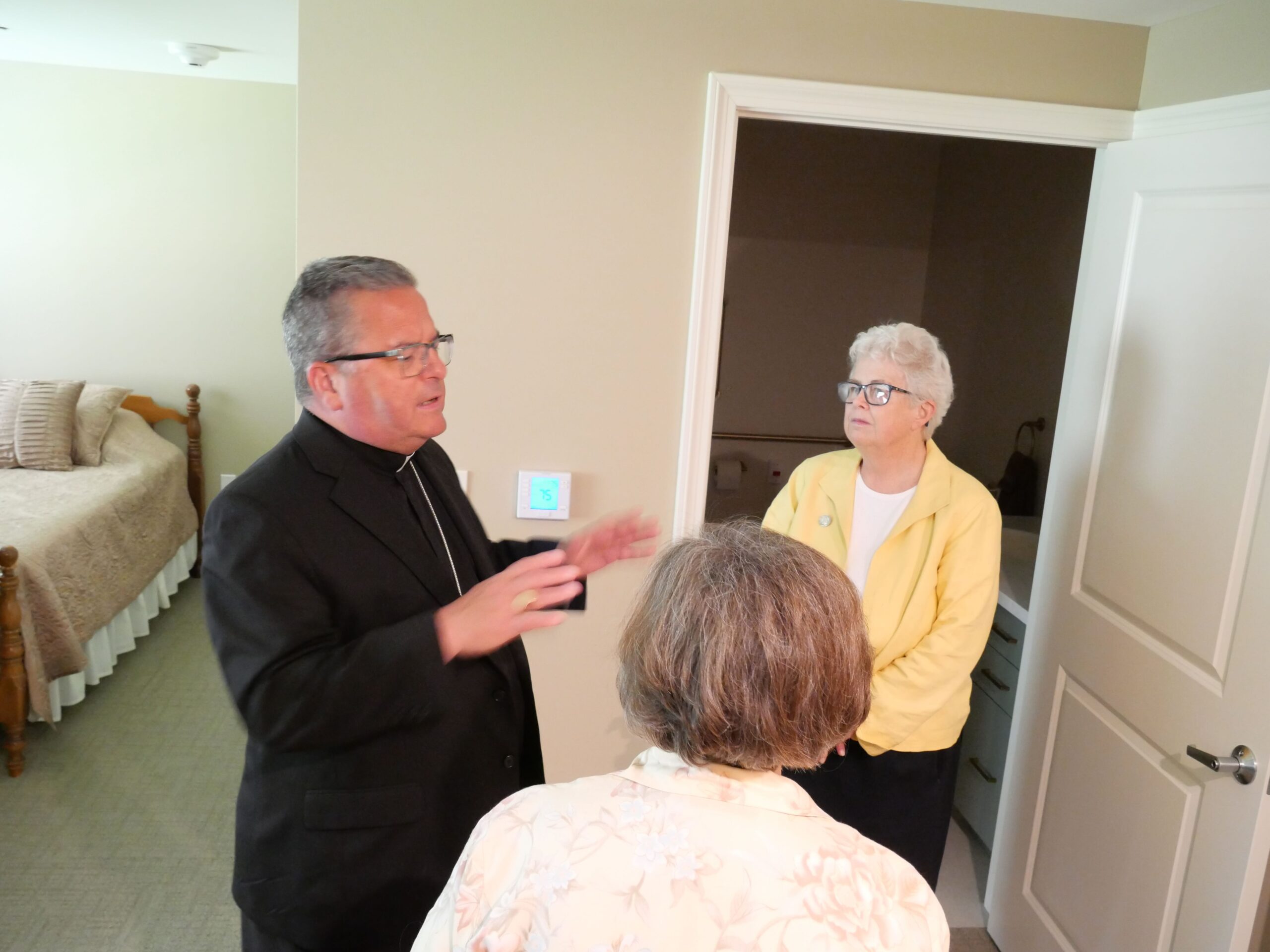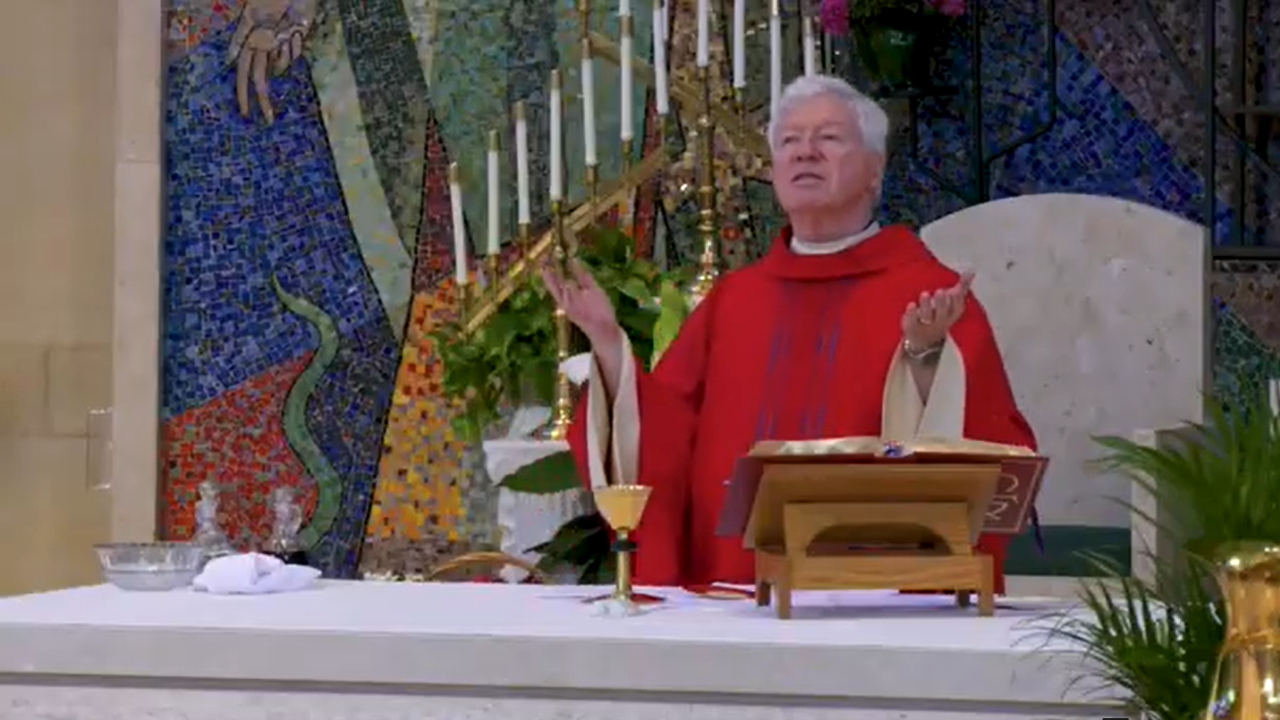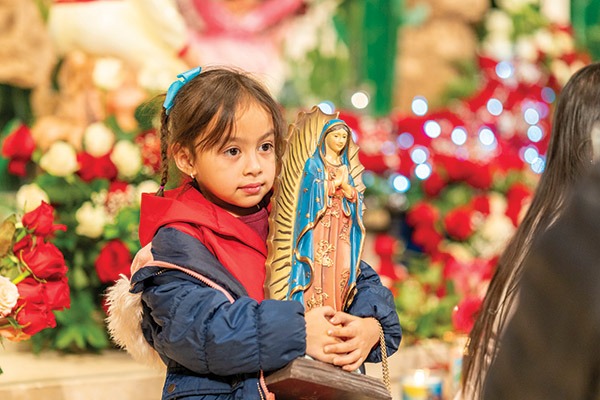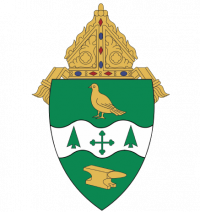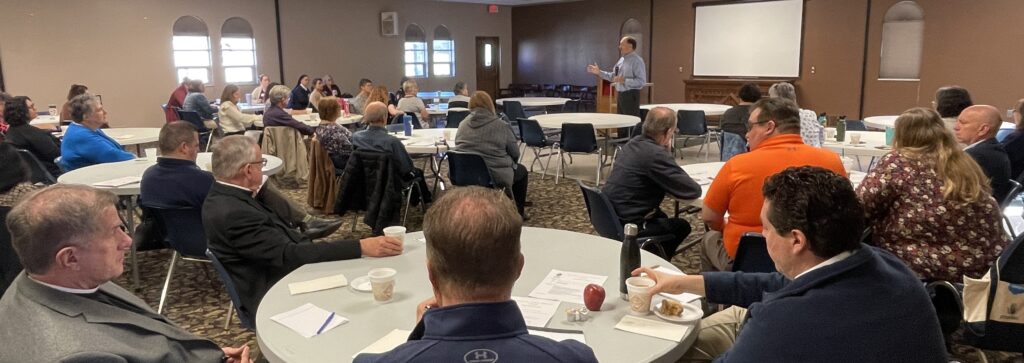
Prior to the pandemic, Barna Group research found that 20 percent of church-going Christians reported traumatic experiences. “That is one in five of the people you see at Church,” stated Dr. Mike Carotta, Ed D., during a workshop for clergy, parish and diocesan staff and Catholic Charities workers on October 24 at St. Michael Parish Hall in Canfield. He continued, “The report listed that 40 percent experienced the loss of a loved one, 27 percent experienced domestic abuse and 23 percent felt betrayed by a trusted individual.”
He pointed out that we have many people around us hurting, and we may not ever realize it. For this reason, ministers in the Church need to become “trauma-aware.”
“Trauma is the impact an incident has on a person, not the incident itself,” stressed Carotta. Two people may experience the same event and one may develop a traumatic response while the other does not. Carotta shared insights, statistics and practical ways for those ministering in the Church to become more “trauma-aware.”
Carotta—an author of many resources—is a former executive director of the Department of Religious Education at the National Catholic Education Association, and he has spoken at numerous conferences around the U.S.
While he has spent more than six years working on trauma-awareness resources, he clarifies that his background is in catechetics. “We MUST NOT do what mental health pros and programs can do much better. Trauma-aware accompaniment is not a replacement for mental health services,” stated Carotta. “But we can add spiritual practices, rituals, moments of grace,” he added.
Dominic Colucy, diocesan Safe Environment and Victims Assistance Coordinator, recently took a course through the Catholic University of American on child protection and said that Carotta affirmed much of what he learned. This workshop “expanded my knowledge. I want my office to be as best-prepared as it can be.” It was also important to be reminded that we are called to “assist people without crossing the line into mental care. But we can provide the spiritual component that can be missing in therapy,” he said.
“The workshop enhanced [my understanding of] the types and degrees of trauma. One of [Carotta’s] profound statements was that ‘our Christian community was born out of trauma’ and he used examples of how Jesus was betrayed, beaten, and crucified,” commented one parish minister. She added, “He pointed out that trauma can be devastating, but that it is not permanent if addressed.”
Carotta said that a trauma-aware parish does three things:
- Demonstrates awareness of—and sensitivity to—trauma’s impact on its members and loved ones
- Helps parishioners recognize their experiences of and response to trauma
- Provides restorative spiritual and professional resources in a variety of ways.”
Participants imagined ways these actions could be taken in the parish setting. Ideas included healing Masses, outreach to the larger community after an incident, prayer services, kindred support groups and training peer ministers to accompany others (such as the Stephen Ministry at St. Michael the Archangel parish in Canton.) Carotta added that a few parishes have offered prayer services for Veterans Day, Mass for deceased children and included the term “trauma-aware parish” in their mission statement published on the front of the weekly bulletins.
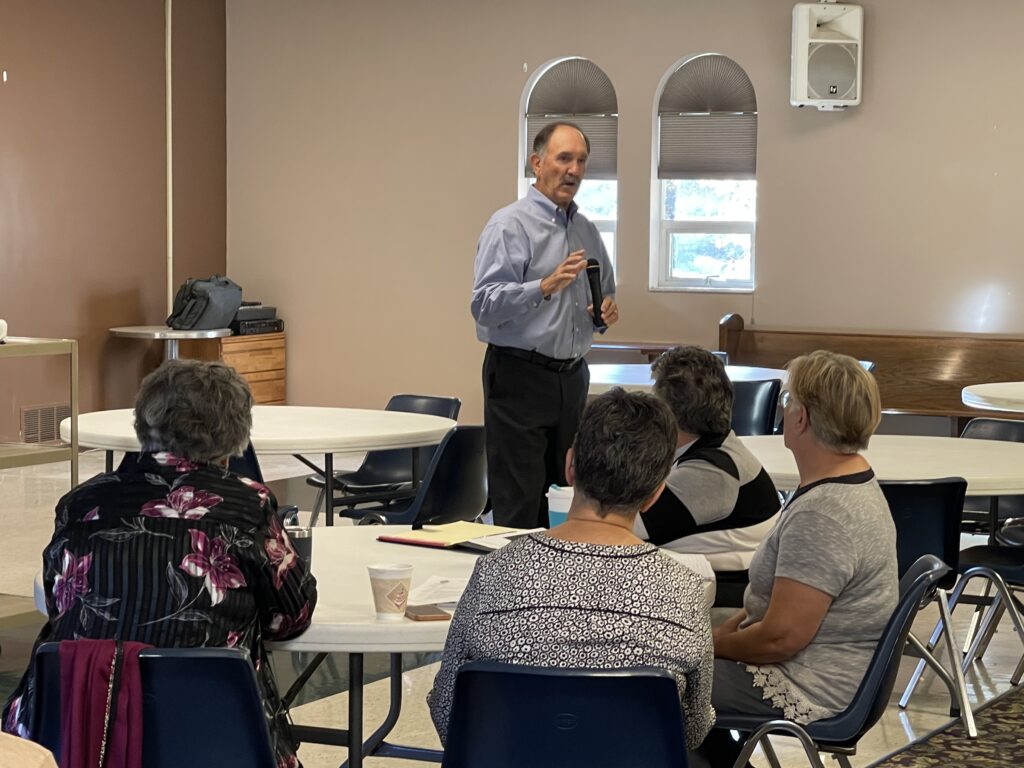
Carotta shared many practical resources—some that are personally reflective but can be used in a group setting as well as by individuals. One specific resource is his program Whole Hearted, a parish-based trauma-awareness resource that integrates spirituality and religious practices with behavioral health. It is offered free-of-charge by Catholic Charities USA for our faith communities as a four-session program which can be completed in one day.
Marnie Kelty, director of religious education and youth ministry at Holy Family Parish in Poland was pleased to be able to share the guide with parish staff. “It will help us to see how I can better serve our parishioners need.”
“I would offer Whole Hearted in small groups, allowing them to share their story if they wish, and then the healing can begin,” stated Pattie Condello, diocesan pastoral associate serving at Divine Mercy Parish in Massillon and Holy Family Parish in Navarre and Brewster. Both parishes have experienced mergers, which may have been traumatic for some in the faith communities.
“People need to be heard,” added Condello; “Grief comes in many forms and loss of a Church home is enormous— it is so much tied together with community, faith, hope, acceptance, the list goes on and on. You cannot go around grief; you have to go through it. Whole Hearted is the Church at its very best.”
Barbara Walko, director of the Office of Faith Formation and Lay Ecclesial Ministry, hopes that participants “recognize the benefits when a cluster of parishes and other Catholic institutions partner for increased effectiveness” in addressing trauma. Parish leaders in Portage County have already begun discussing the possibility for a combined effort as a follow-up from the workshop.
“I am proud that we are part of Catholic Charities USA in offering the Whole Hearted program for free for faith communities to use,” said Rachel Hrbolich, executive director of Catholic Charities of the Diocese of Youngtown. “It will help us become stronger communities of caring and compassion.”
The workshop was sponsored by Catholic Charities USA, Catholic Charities of the Diocese of Youngstown, and diocesan offices of Catholic Schools, Continuing Education for Clergy and Faith Formation and Lay Ecclesial Ministry. For more information on Whole Hearted, please visit the Catholic Charities USA website.
